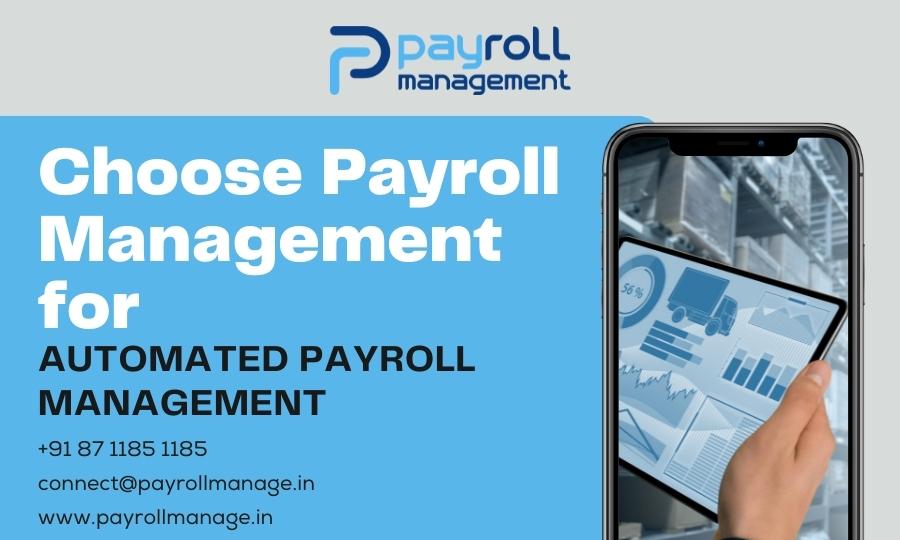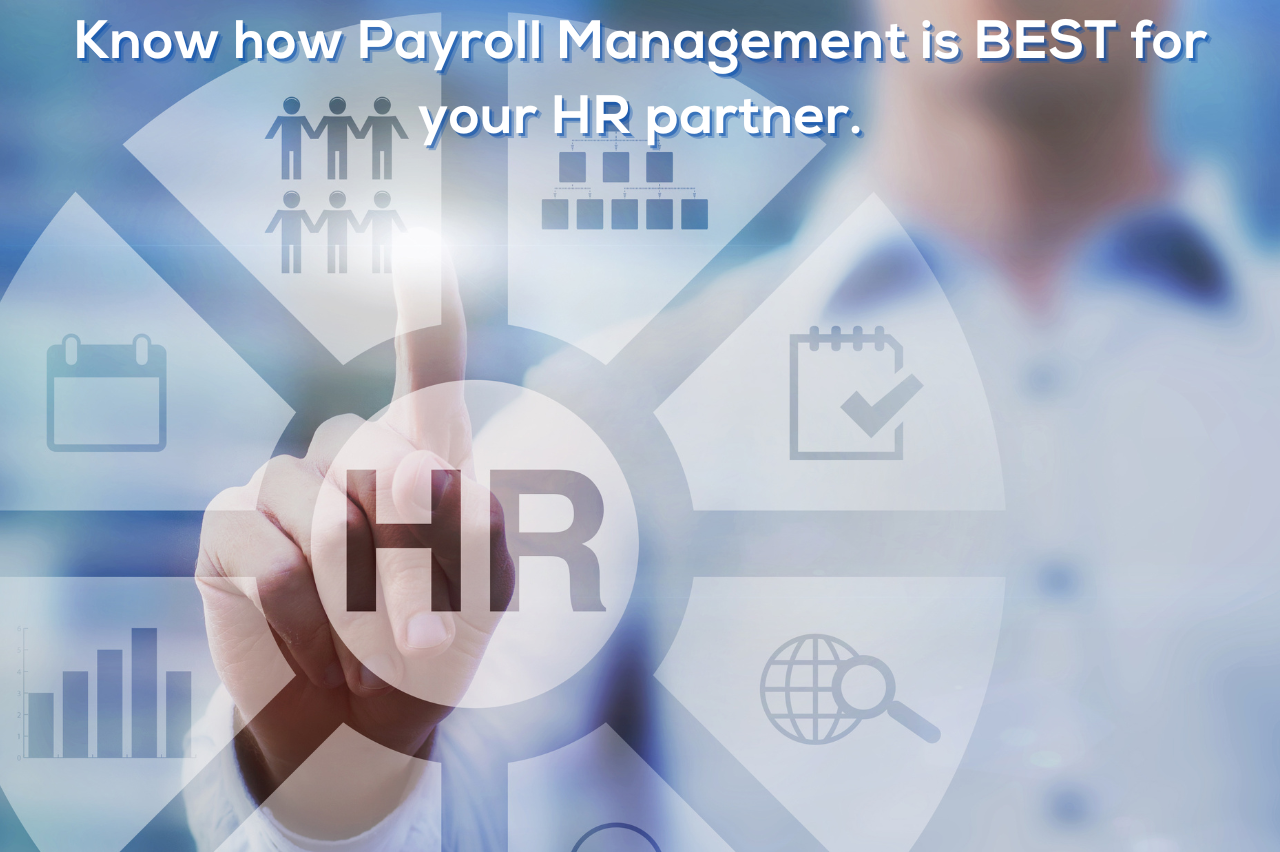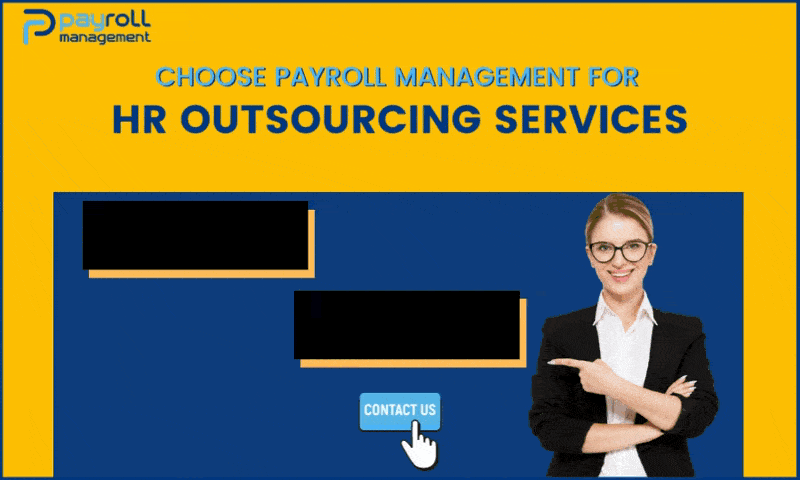Navigating through the complexities of international payroll can be a daunting task for any business owner. With constantly changing regulations and compliance requirements, it’s important to partner with an experienced and reliable international payroll services company. But with so many options out there, how do you select the best one?
We’ve compiled a list of valuable tips to help you make an informed decision and find the perfect solution for your global payroll needs.
Introduction to International Payroll Services
There are many International Payroll Services Companies out there, but how do you know which one is the best for your business? Here are a few tips to help you choose the right company for your needs:
#1. Make sure the company has experience in handling payroll for businesses like yours. Ask for references and check them out.
#2. Find out what kind of customer service the company offers. You want a company that is responsive to your needs and questions.
#3. Make sure the company offers a variety of services that can meet your changing needs. You don’t want to be stuck with a one-size-fits-all solution.
#4. Get quotes from several companies and compare their rates and services. Don’t just go with the cheapest option – make sure you’re getting quality services at a fair price.
#5. Check out online reviews of international payroll services companies. See what others have to say about their experiences before you make your decision.

What Should You Look for When Selecting an International Payroll Services Company?
When selecting an international payroll services company, there are a few key factors you should keep in mind. First and foremost, you want to make sure the company you select is reliable and has a good reputation. One way to do this is to check out online reviews and testimonials from past clients.
Another important factor to consider is the company’s experience. You want to make sure they have experience working with businesses in your industry and understand the unique challenges that come with international payroll.
You’ll want to take a look at the company’s pricing structure. Make sure you understand how they charge for their services and compare rates with other companies before making a decision. By taking the time to research your options, you can be confident you’re selecting the best possible international payroll services company for your business.
Some of the pointers to consider are:
#1. Research the Company’s Reputation and Experience
When you are looking for an international payroll services company, you will want to consider its reputation and experience. This can be done by researching the company online and reading customer reviews. It is also a good idea to ask for referrals from businesses that have used the company before. You will want to make sure that the company you select is experienced in handling payroll for international employees and has a good reputation.
#2.Calculate the Cost of their Services
When you are looking for an international payroll services company, it is important to calculate the cost of their services. This will help you determine if the company is a good fit for your business. There are a few things that you should consider when calculating the cost of their services.
First, you will need to consider the size of your company. The larger your company is, the more expensive the services will be. Second, you will need to consider the number of employees that you have. The more employees that you have, the more expensive the services will be. Third, you will need to consider the frequency of your payroll. If you have a weekly payroll, the cost will be higher than if you have a bi-weekly payroll. Fourth, you must consider any special features or requests that you may have. If you need special reports or features, this will increase the cost of their services. You should ask for quotes from several different companies before making a decision. By doing this, you can be sure that you are getting the best possible price for your international payroll services.
#3. Ask for References of Current Customers
When you are looking for an international payroll services company, it is important to ask for references of current customers. This will give you a good idea of the quality of the company’s services. You should also ask about the company’s experience in handling payroll for businesses in your industry.
#4. Understand the Process of Utilizing their Payroll System
There are several things to take into consideration when selecting an international payroll services company. One of the most important is understanding the process of utilizing their payroll system. Below are tips to help you understand the process and make the best selection for your company.
- Get a demo of the payroll system: This will allow you to see how it works and if it is user-friendly.
- Ask about training and support.: You want to make sure that you will be able to use the system properly and that there is someone available to help you if you have questions.
- Find out what reports are available: You will want to be able to track your employees’ hours, earnings, and taxes withheld.
- Ensure that the system can handle different types of pay period: You may have employees who are paid weekly, bi-weekly, or monthly.
- Make sure that direct deposit is an option: This is a convenient way for your employees to receive their paychecks and eliminates the need for paper checks.
#5.Review their Compliance with Local Laws and Regulations
When expanding your business into new global markets, it is critical to ensure that your payroll provider is compliant with the local laws and regulations in each country. Here are some tips to help you select the best international payroll services company:
- Make sure the company has a strong understanding of local payroll compliance requirements.
- Choose a company that has a robust compliance monitoring system in place.
- Ask for references from other companies who have used the payroll provider in question.
- Conduct a thorough review of the company’s compliance record.
- Be sure to ask about any recent changes or updates to local payroll compliance requirements.
#6. Think About Long Term Benefits
There are many benefits to working with an international payroll services company. Here are a few things to consider when selecting a provider:
- Scalability: Can the company scale up or down as your business needs change?
- Flexibility: Is the company able to tailor its services to meet your specific needs?
- Experience: How long has the company been in business and how much experience do its employees have?
- Customer service: What kind of customer service does the company offer? Is it responsive to questions and concerns?
- Pricing: Is the company’s pricing competitive? Are there any hidden fees or charges?
#7. Check their Technology Systems
When evaluating international payroll services companies, it’s important to check their technology systems. Make sure they have a robust system that can handle your specific needs. Ask about their security measures and whether they offer any mobile apps or online portals.
It’s also important to find out how often their systems are updated. You want to make sure you’re working with a company that is constantly improving its offerings. Ask about customer support. Find out what kind of help is available if you encounter any problems with the system.
Conclusion
When it comes to selecting the best international payroll services company for your business needs, it is important to consider several factors including cost, adaptability, customer service, and experience. By weighing all these criteria when making your decision you can be sure that you are choosing the right provider to keep your employees paid accurately and on time. With the right international payroll services partner assisting with this process, businesses can have complete peace of mind knowing their payroll operations are in good hands.






























